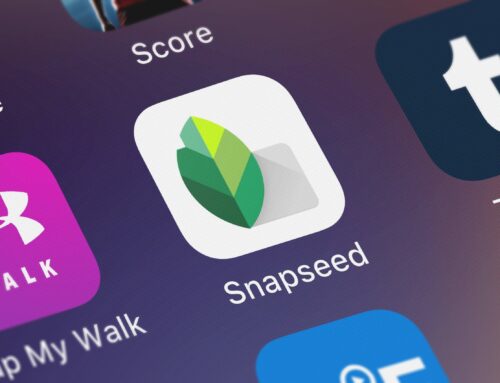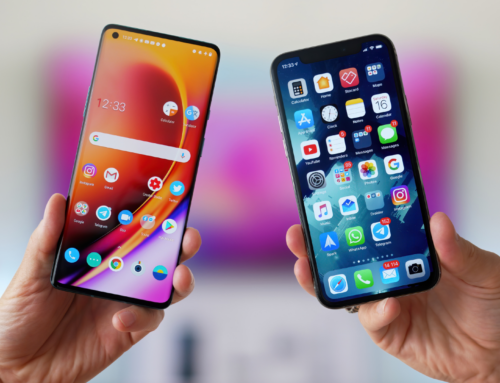I told you recently that I think Apple should make iMessage for Android a priority. It should release an app as similar as possible to the iPhone version and tax Android users for it. That was in response to the seemingly neverending Beeper Mini saga that only erodes Apple’s image, even if the iPhone maker would be right to stop the workaround.
I’ll tell you now that Apple should also make iPhone sideloading available internationally, not just in the EU, where the feature should debut in March, or Japan, which is considering legislation similar to the EU. Japan wants sideloading on iPhones, third-party app stores, and third-party payment systems.
I think all of these should be available internationally, too. It should go without saying. Sideloading practically goes hand in hand with those.
Even though I personally fiercely hate the idea of dealing with sideloading, alternate app stores, and third-party payments, I’ll point out the same thing as with the iMessage drama. The resistance only hurts Apple at this point.
Tech. Entertainment. Science. Your inbox.
Sign up for the most interesting tech & entertainment news out there.
By signing up, I agree to the Terms of Use and have reviewed the Privacy Notice.
Like with iMessage, I doubt Apple’s iPhone business will take a significant hit. And like iMessage, I think Apple should still make money from this move. No matter how apps land on iPhones, they’re there because Apple built everything from the ground up.
I don’t want sideloading on my iPhone
I explained a few times why I don’t appreciate the idea of sideloading on iPhone, compared to Mac. It’s about security, which Apple does its best to enforce. I’m talking about not having malware apps in the App Store as often as it happens on Android. Or about not worrying about who handles my payment data.
It’s also about convenience. I’ll always have all the apps in the same place when I upgrade the device, or if my iPhone is lost or stolen.

Then there’s the privacy aspect. Apple has strong privacy protections in place, which means App Store apps can’t abuse my data. Just ask Facebook about it.
I’ll also add that I’m usually managing iPhones in the family, and all of the above applies to those devices. It brings me peace of mind to know a parent or a kid in the family, who might not be as tech-savvy, is protected as described above.
How Apple could do it
But if people want to download apps from anywhere, Apple should allow it. Let others enforce the security and privacy features it handles. And when something bad happens, Apple can make a big deal about how it wasn’t its fault, because it’s only a matter of time until something bad happens.
If I were Apple, I’d also pepper the OS with plenty of splash screens to inform them about the potential dangers of downloading apps from untrusted sources. It would be similar to what happens on the Mac when you install apps from other sources. But I’d make those warnings more frequent on iPhone. That way, at least users will be warned repeatedly about the potentially nefarious consequences.

If people want to use third-party payment systems, Apple should allow it. Let developers implement secure payment systems and bother with that extra layer of security.
Apple should still impose a tax on apps, no matter their provenance. It won’t be 30% as it is now, but I doubt it’ll be 10% or 15% as some people dream. That would be the tax developers must pay before they add their own payments-related taxes to the final cost of a digital product.
There’s already a precedent for this on the other side of the aisle. Google is doing it with Android in some markets, and that will include the US soon after the recent $700 million settlement.
Once these features are ready for the European Union and possibly Japan, Apple shouldn’t jail them behind a complex geofence. This will only escalate tensions. More jurisdictions might take approaches similar to those of the EU and Japan. Ultimately, Apple will have to cave on this one.
Apple’s bottom line is unlikely to take a hit
Like the iMessage battle, the ban on sideloading would have been a hill worth fighting for a few years ago. But the iPhone is in a much better place now. Apple has about a billion active devices out in the wild.
People are buying expensive iPhones even during harsher economic times, and they’re investing in the ecosystem. And we’ve seen studies that say key demographics (teens and young adults) plan to get the iPhone next.
That’s to say, there’s a healthy base of iPhone users who will stay on iPhone. They won’t ditch the platform if iMessage arrives on Android. Nor will they stop consuming App Store content because third-party alternatives and sideloading are there. And I say this as a longtime iPhone user who isn’t likely to ditch Apple or embrace sideloading.
Should Apple bring sideloading only to the EU, as iPhone rumors say it’ll happen, it’ll have to deal with the same PR mess over and over until the next regulator forces Apple to enable the feature in their market. And the next.
Thankfully, we don’t have to wait long to see iPhone sideloading in action. Apple has until March to comply with the EU’s Digital Markets Act (DMA). And even though I want no part of it, I’ll have access to sideloading the minute it’s a part of iOS 17.







